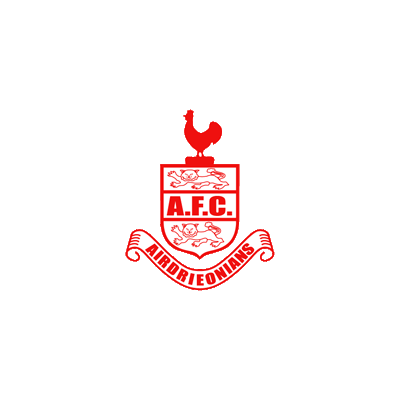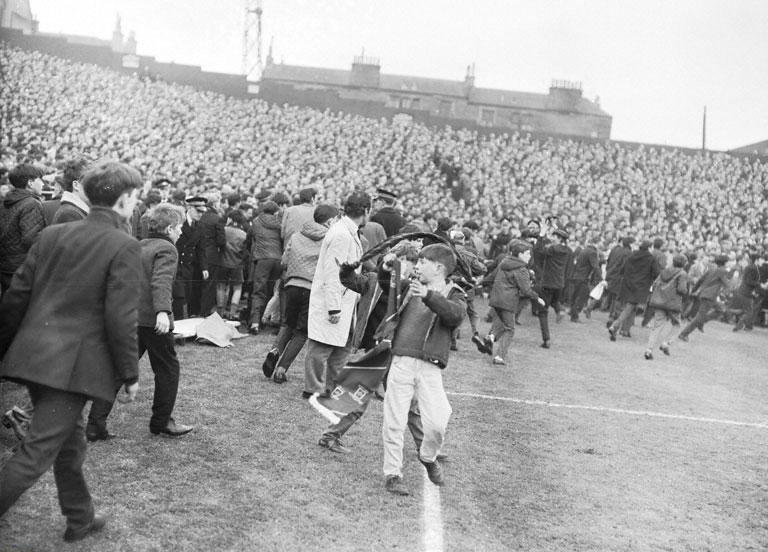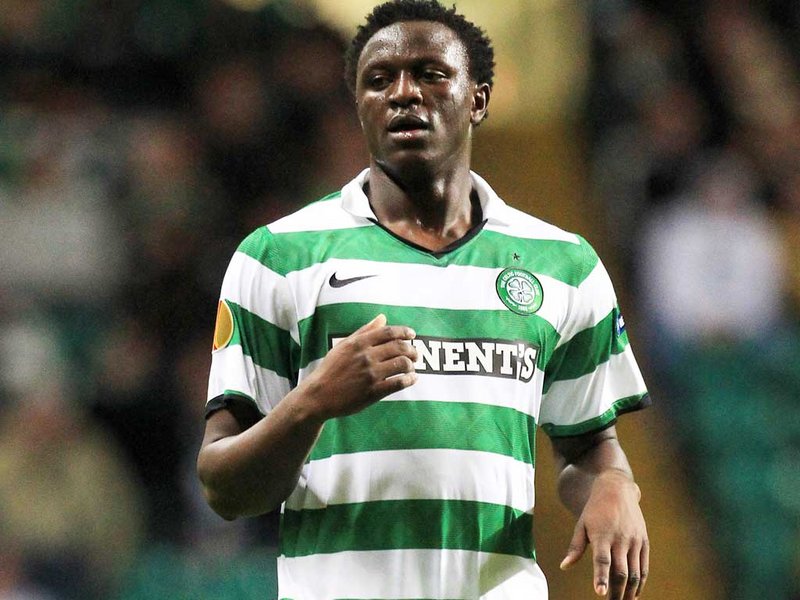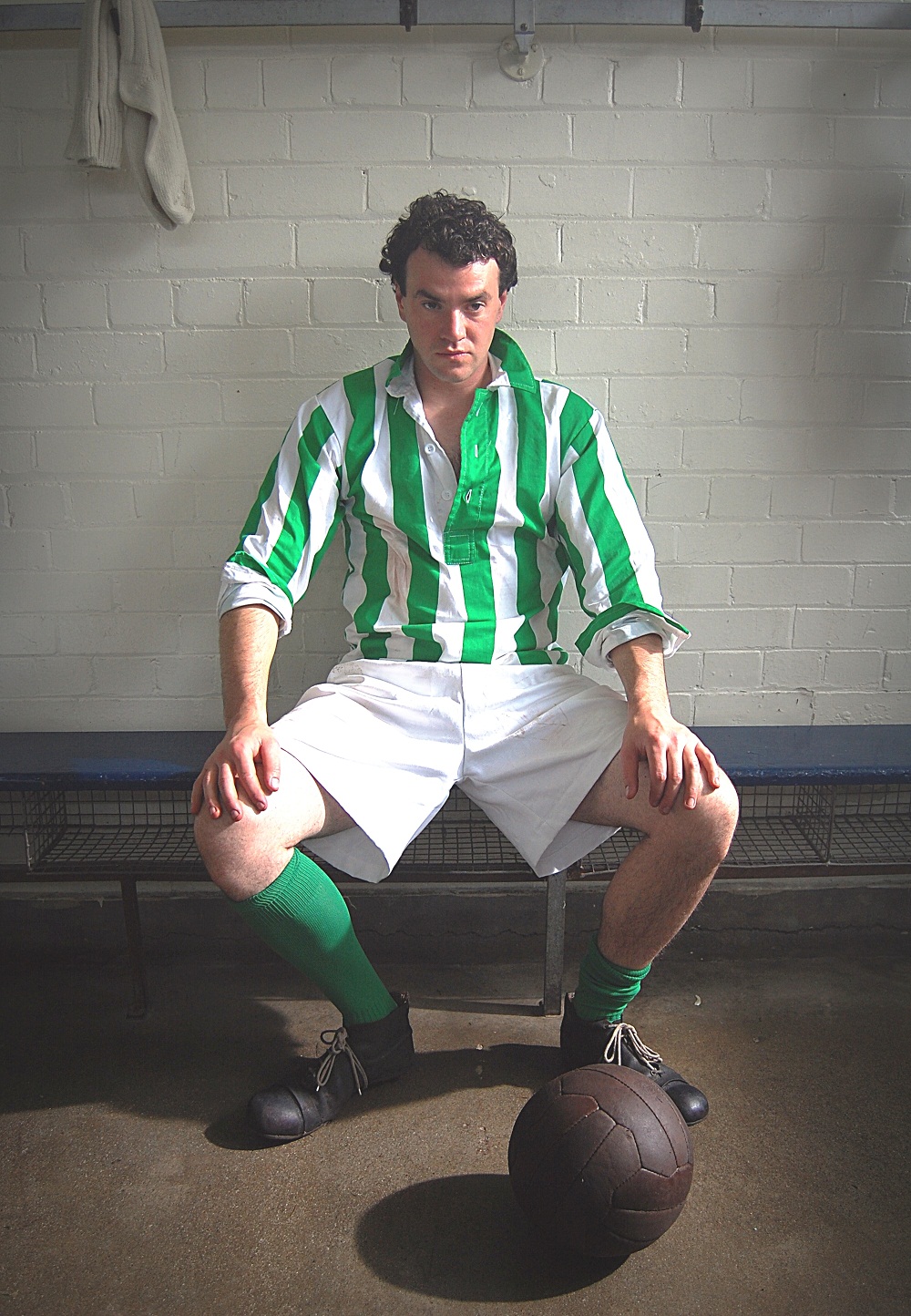The first stage of their journey to oblivion came in the form of administration. Airdrie were in administration for several years leading up until 2002. However, they were entered into the liquidation process at the start of 2002.
The Guardian reported in 2nd February 2002:
Debts force Airdrie into liquidation
“The Scottish First Division club Airdrie have gone into liquidation with debts totalling £750,000. An extraordinary general meeting has been arranged for next Monday to discuss a change of constitution which could ensure the club’s survival. Currently no shareholder is allowed to own more than 10% of the shares – a ruling that could be changed at the EGM to allow new investors to become involved. The club’s provisional liquidator, Blair Nimmo of KPMG Corporate Recovery, said: “The club has first-class facilities and is an important institution within Scottish football. It just needs new investment.” Airdrie’s problems deepened yesterday when Rangers froze the struggling club’s share of the gate receipts for Sunday’s Scottish Cup tie at Dundee United. The Ibrox chairman David Murray applied for an interdict on behalf of his company Carnegie for a £30,000 debt owed by Airdrie.”[ii]
The BBC also reported:
Hope remains for struggling Airdrie
“Airdrie’s problems worsened when it was revealed that Rangers had arrested the club’s share of the gate receipts for Sunday’s Scottish Cup tie at Dundee United. Ibrox chairman David Murray applied for an interdict, on behalf of his company Carnegie, for a debt of around £30,000 owed by Airdrie. Mr Murray said: “I feel very sorry for Airdrie and their supporters but we’re running a business. We have given them repeated warnings and felt they were playing on our good nature.” The Scottish Football Association described the move as “a private matter between the clubs” and made clear there had been no contact with either party.”[iii]
By this stage of Airdrie’s troubles, it was now increasingly apparent that Rangers FC, through the actions of their then Chairman Sir David Murray, were a key participant in forcing Airdrie FC into administration. Rangers FC’s action was actually taken on behalf of another of Murray’s (non-footballing) businesses – a fact that merely added more bad taste to an already murky affair.
That year Airdrie FC actually won the Challenge Cup with Ian McCall‘s motley crue of free transfers, loan signings and the few players from the previous season who remained at Airdrie (beyond the doomed tenure of Steve Archibald). Airdrie had also been chasing promotion to the SPL and the possibility of financial conflict behind the scenes appeared as if they could be resolved (especially if the club could get promotion). However, this turned out not to be the case. With a series of losses and draws in the second half of the season (and only two victories in the last 14 games) ensured a final 10 points gap between Airdrie and eventual winners Partick Thistle going into the final week of the season.
Unfortunately, all this progress on the pitch was not enough to stave off problems off it. Even the then First Minister at the time, Jack McConnell of Labour (and also the local area MSP), was to comment on the situation that eventually reached a dreadful conclusion.
The Scotsman in the end reported:
Airdrie FC collapses
“THE latest in a long line of crises hit Scottish football yesterday when Airdrie FC went out of business following a fruitless two-year search for a buyer. The First Division club, known as the Diamonds, became the first in Scotland to go to the wall since Third Lanark in 1967. The demise of Airdrie, who won the Bells’ Challenge Cup as recently as November 2000, is just over a week after Motherwell went into administration. The liquidation firm KPMG yesterday announced it will sell off all the assets of 124-year-old Airdrie, which has run up nearly 3 million in debts, and said that it has offered Celtic the chance of buying the club’s New Broomfield Stadium as a training ground. However, fans were offered the slimmest of lifelines for the future when it was also announced that the name “Airdrie FC” is up for sale. With approval from the Scottish Football League, a buyer could resurrect the club – although the first team would have start off in Division Three. The liquidator, Blair Nimmo, said: “We have explored every possible avenue and mechanism for saving the club in its current form.” Jack McConnell, the First Minister, described Airdrie’s demise as a tragedy, adding: “I hope even at this late stage, this is not the absolute end.”
However, this was not the end of the situation. Clydebank FC had also been suffering from acute financial problems and the demise of Airdrie actually left Clydebank open to even more problems.
According to the Airdrie Wikipedia page:
“The club finally went out of business officially on 1 May 2002 due to its overwhelming debts…After the club went out of business, local accountant Jim Ballantyne attempted to gain entry to the SFL with a team by the name of Airdrie United Football Club, effectively a direct replacement of Airdrieonians (similar to the way that Yokohama Flügels re-established themselves as Yokohama F.C. following their own collapse and takeover by crosstown rivals Yokohama Marinos, a revamped new identity for a club at the same stadium). Airdrie United‘s initial bid for league status was rejected in favour of the application by Gretna, who were then playing in the English Northern Premier League.”[iv]
Consequently, one could actually argue that Rangers FC, acting on behalf of Sir David Murray, were responsible for the deaths of TWO clubs: Airdrie FC (through Rangers’ initial witholding of gate receipts that plunged the club into liquidation), and Clydebank FC (who were bought over, renamed and effectively destroyed by the new ‘phoenix club’ of ‘Airdrie United’ that had emerged after the end of Airdrie FC).
Why am I bringing all this up?
As it stands at the minute, Rangers have went into administration this week. They have not paid HMRC £9 million in PAYE since Craig Whyte took over[v]. There is a potential £49 million (plus?) tax bill to be settled due to extra payments made to star players that were not taxed (as well as a smaller tax bill that has also not been settled)[vi]. There is also the case of a missing £24 million after the sale/mortgage/loan of future season ticket monies to the ‘Ticketibus’ organisation[vii]. Rangers also owe Dunfermline Athletic, Dundee United and Inverness Caledonian Thistle money for tickets[viii]. On top of all this, strong rumours are circulating about potential problems at Rangers with regards to possible ‘third-party ownership’ of players, a situation that is completely illegal under FIFA regulations and would result in points deductions for every game that ‘illegal’ players took part in.[ix]
Celtic, and other clubs from the SPL, have suffered disadvantage as Rangers have used financial skulduggery to ensure success and advantage ahead of their rivals for the last 10-15 years. While other clubs have cut their cloth accordingly, Rangers have ignored financial reality and chose to embark on reckless gambles with, not just their own financial health but also, the financial health of businesses reliant on them.
Consequently, the more I look at this situation that Rangers FC have themselves into, the more I am starting to believe in Karma.
Be good out there bhoys and ghirls…





